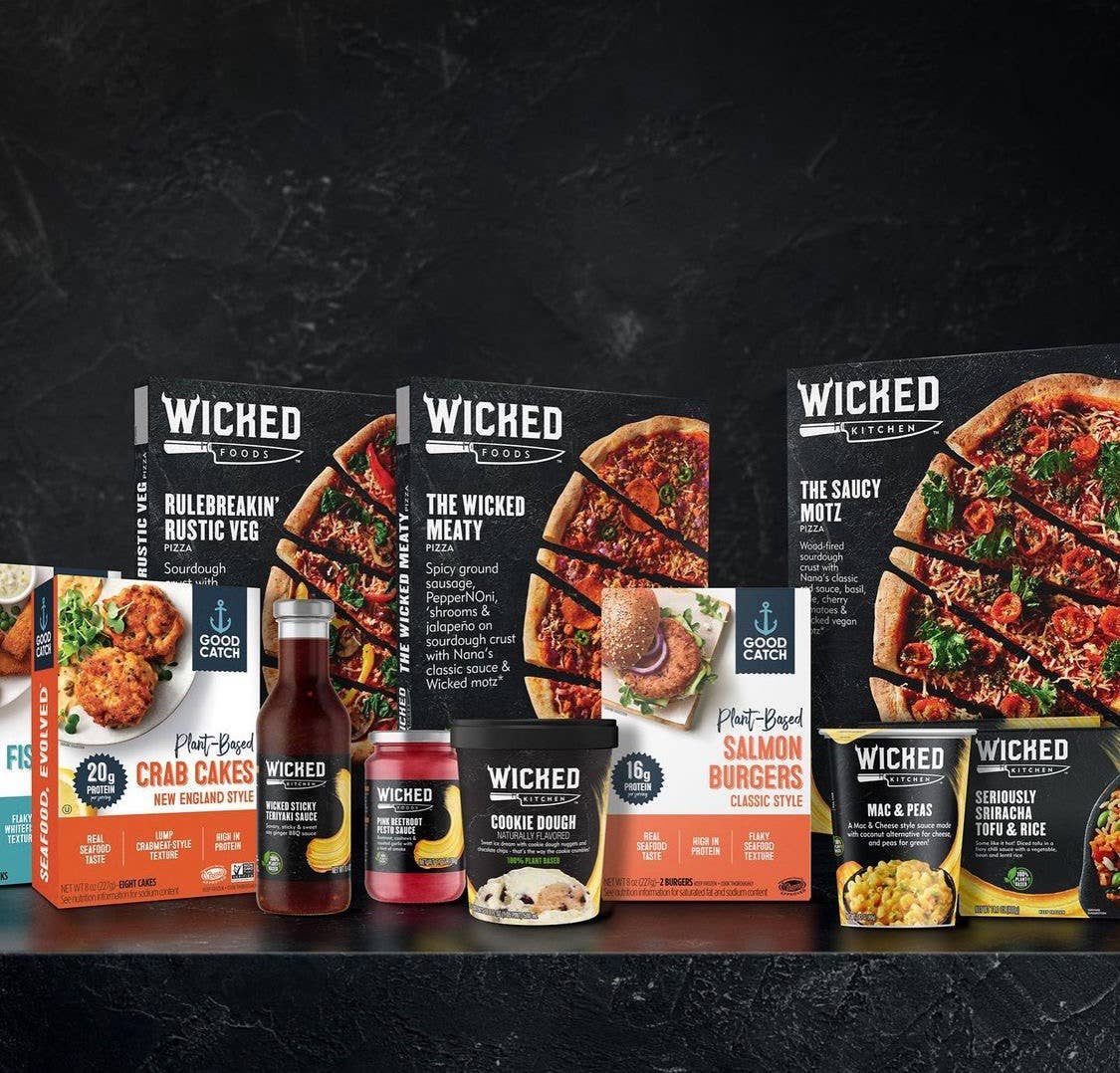
More Consumers Are Clicking “Add to Cart” on Plant-Based Milk & Creamers
The trend in plant-based consumption is not going away, as more Americans choose to buy non-dairy milk and meat alternatives than ever, a report released today by Instacart found. One in three shoppers purchases plant-based meat or milk products regularly, and the trend spans all ages and demographics, as the desire for plant-based milks and alternative meats continue to expand.
“Searches for terms like ‘plant-based,’ ‘meatless,’ vegetarian,’ and especially ‘vegan’ took off on Instacart as consumers looked for healthy at-home meals during 2020 lockdowns,” says Laurentia Romaniuk, Instacart's Trends Expert and Senior Product Manager. “And this trend is turning into a long-term lifestyle — search popularity has been growing even more in 2021.”
Plant-Based Meat in Flexitarians Carts
Plant-based meats saw tremendous gains in 2020 with 42 percent year-over-year growth. Plant-based meats made up 43 percent of meat purchases, while consumers also chose animal products, which showed that consumers are not giving up meat entirely, but slowly shifting to more plant-based alternatives as part of the growing "flexitarian" movement.
“Consumers’ growing embrace of healthy and more sustainable living has inspired many to adopt flexitarian diets,” says Romaniuk. “Mixed baskets also illustrate a reality for most American families — the multi-diet household. With so many meat and milk alternatives available to consumers, it’s easier than ever for a variety of dietary preferences to live in harmony under one roof.”
The purchase of plant-based meat products is growing fastest in the South and East. Consumers living in western cities like Portland, the San Francisco Bay Area, Los Angeles, and Seattle buy the most plant-based meat and milk products by volume, the report found.
Plant-Based Milk: A Gateway to Plant-Based Eating
Plant-based milk experienced a significant jump with the adoption rate for plant-based milk increasing by 27 percent throughout 2020. Other data revealed that oat milk buyers tend to be younger in age than regular milk buyers, with a majority of them below 35 years old. Conversely, soy milk buyers tend to be older than conventional milk buyers.
People in different geographical areas also tend to exhibit different plant-milk purchases. Pea milk is trending in the West and Southeast while oat milk stands out in the Northeast
Plant-based milk may serve as a gateway to other plant-based items. The research found that when someone adds a plant-based product to their Instacart cart for the first time, odds are it will be a milk alternative. Also, almond milk takes the lead as the most prevalent plant-based milk for a first-time plant-based buyer.
Pandemic-related plant-based eating shifts are here to stay
While people did turn to more plant-centric options during the pandemic, even as restrictions ease and life is starting to return to some level of normalcy, the plant-based eating behavior has stayed. A recent survey conducted by The Harris Poll, when asked about the grocery and food habits adopted during the COVID-19 pandemic, said that they’ll keep them for the long term; 30 percent of survey respondents said they plan to continue eating healthier by preparing lighter, plant-based meals.
During the peak of the pandemic, consumers bought more plant-based proteins than ever, and this trend has continued even as the virus is on the retreat, according to the International Food Information Council's latest survey: 2021 Food & Health Survey. Greenwald Research also conducted a consumer panel that found a steadily growing consumer trend towards plant-based foods.
You can find more data on the “Plant Power” report from Instacart here.
More From The Beet






